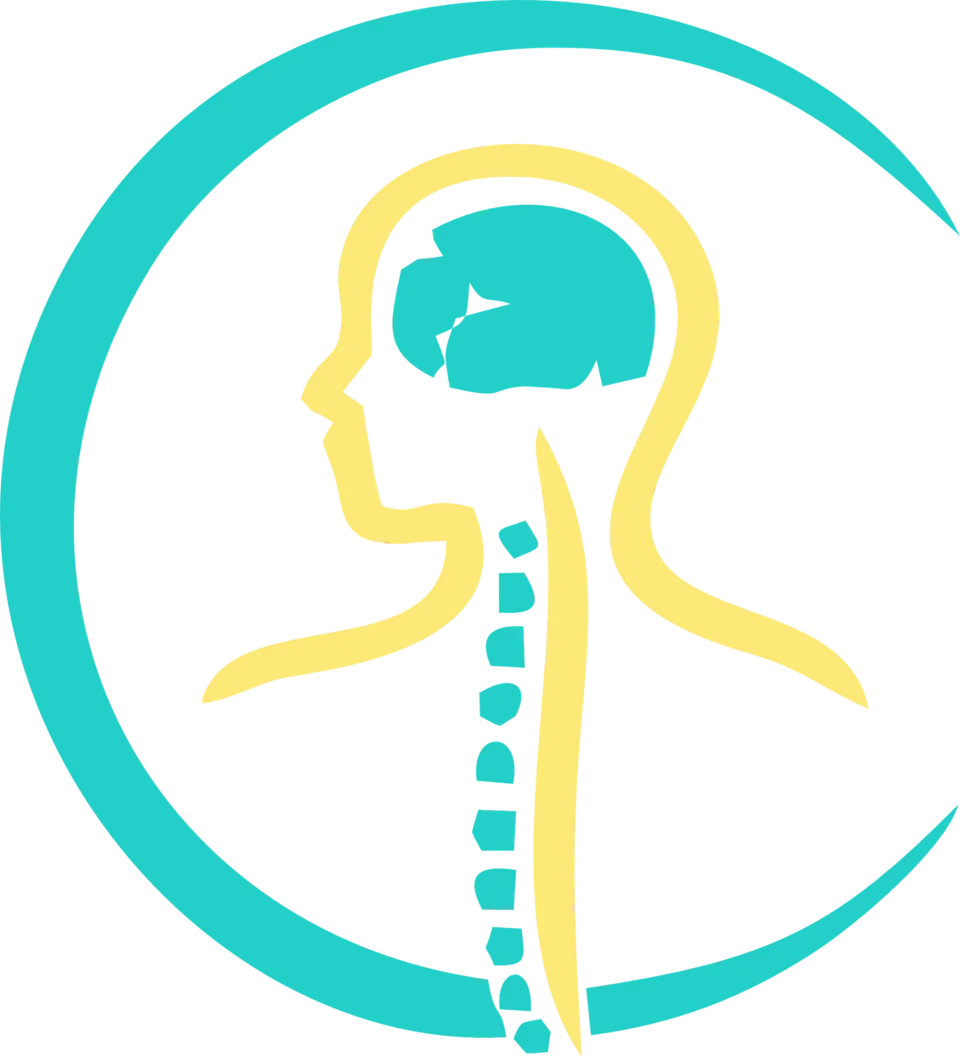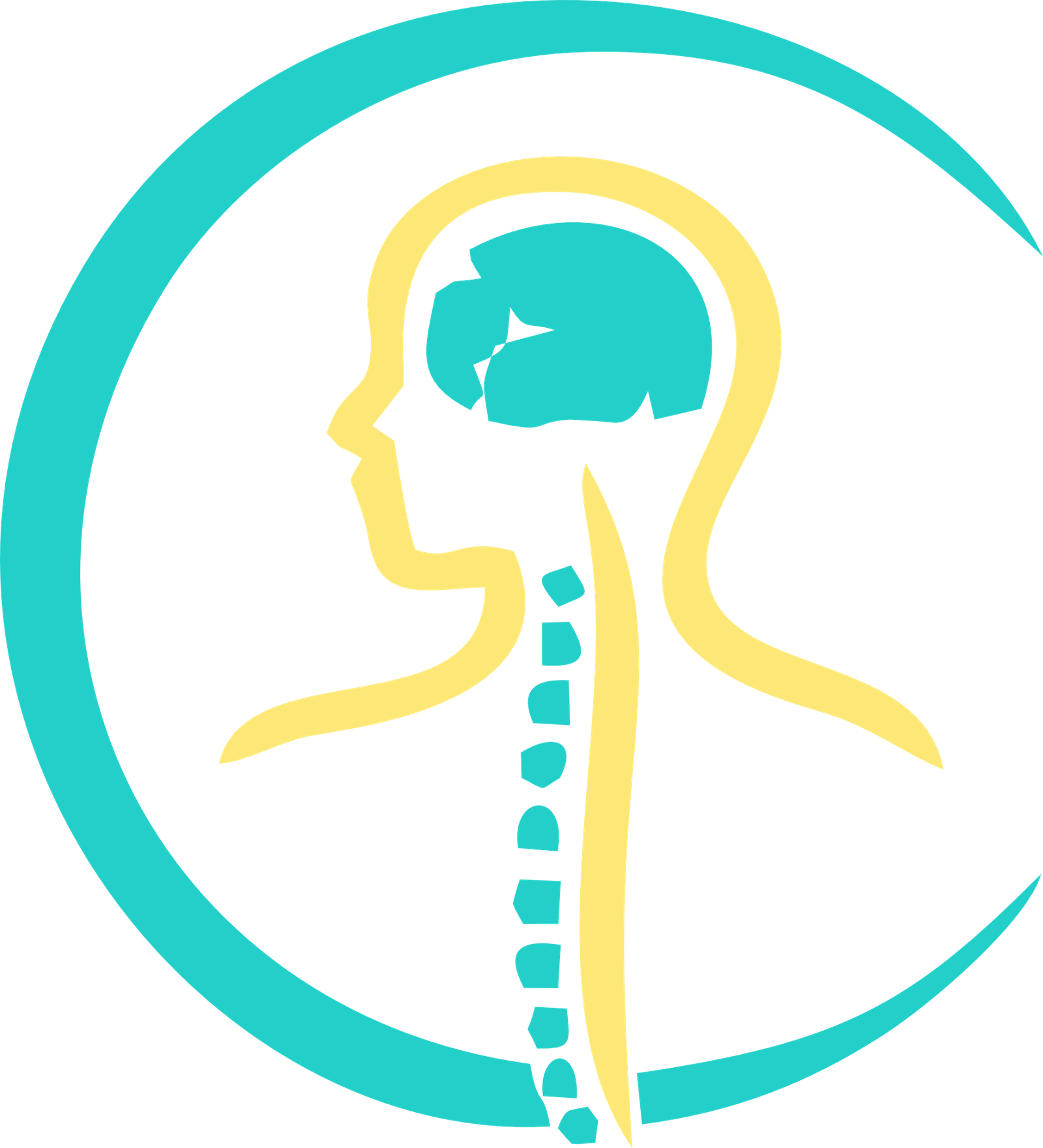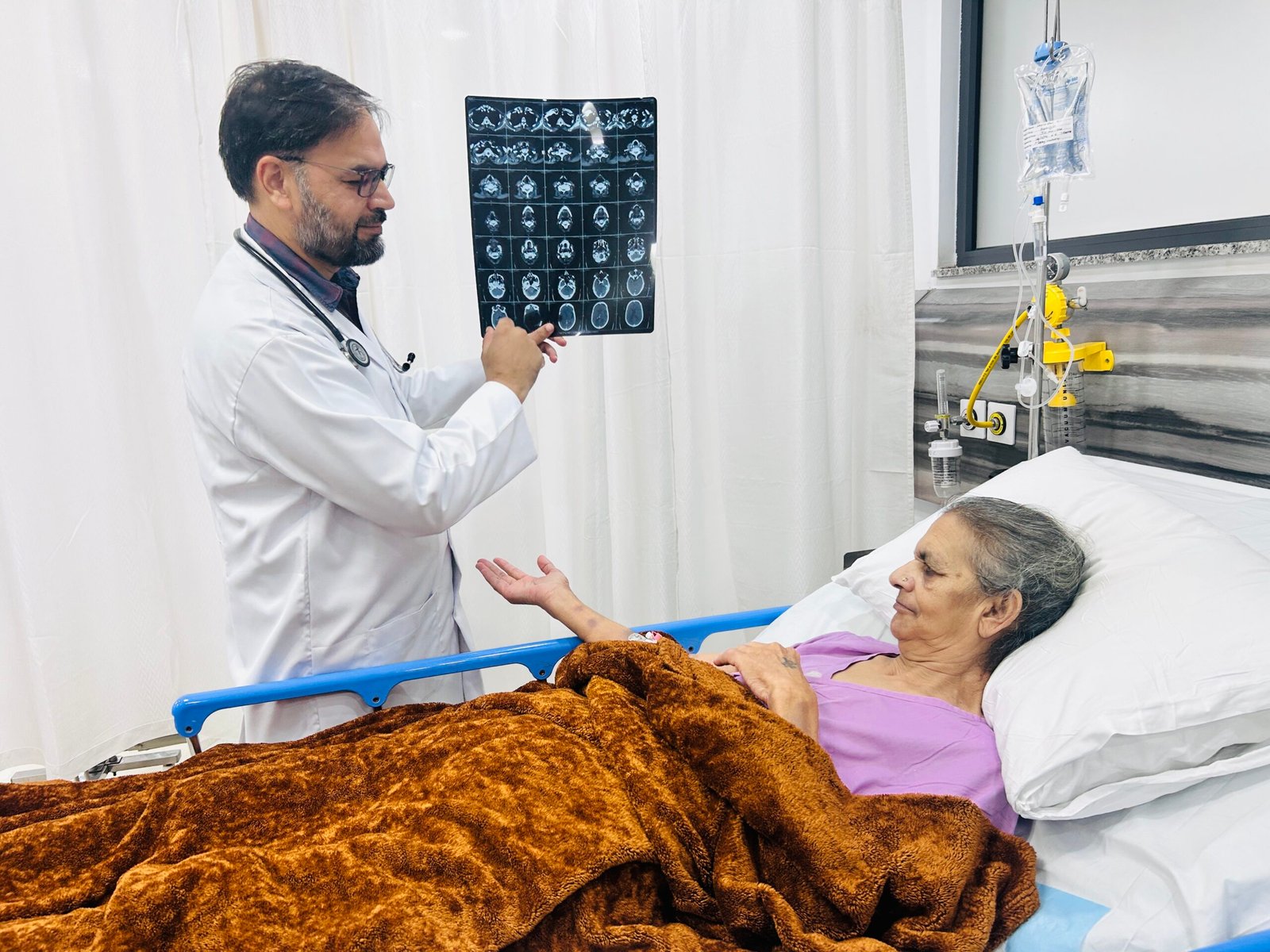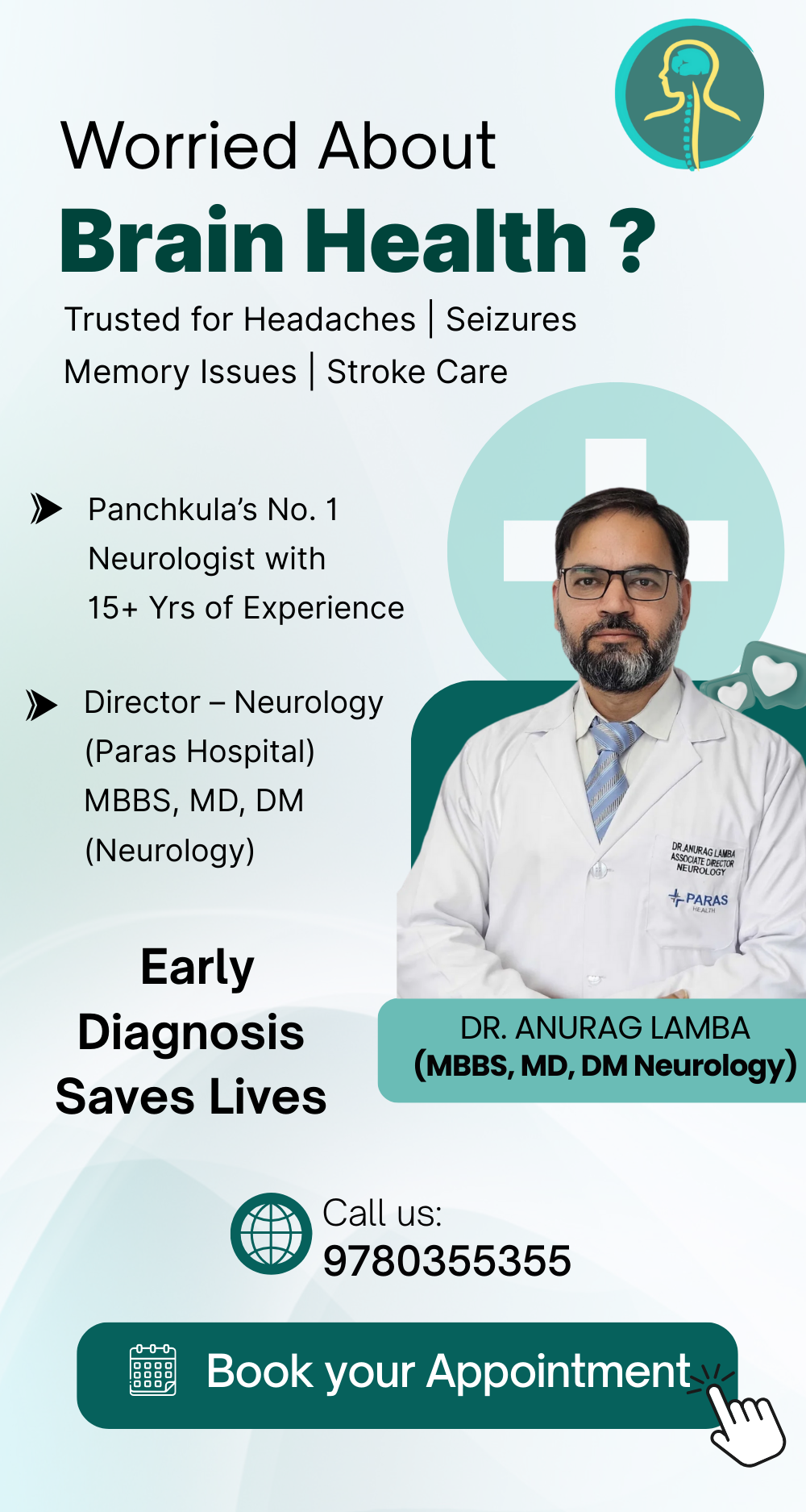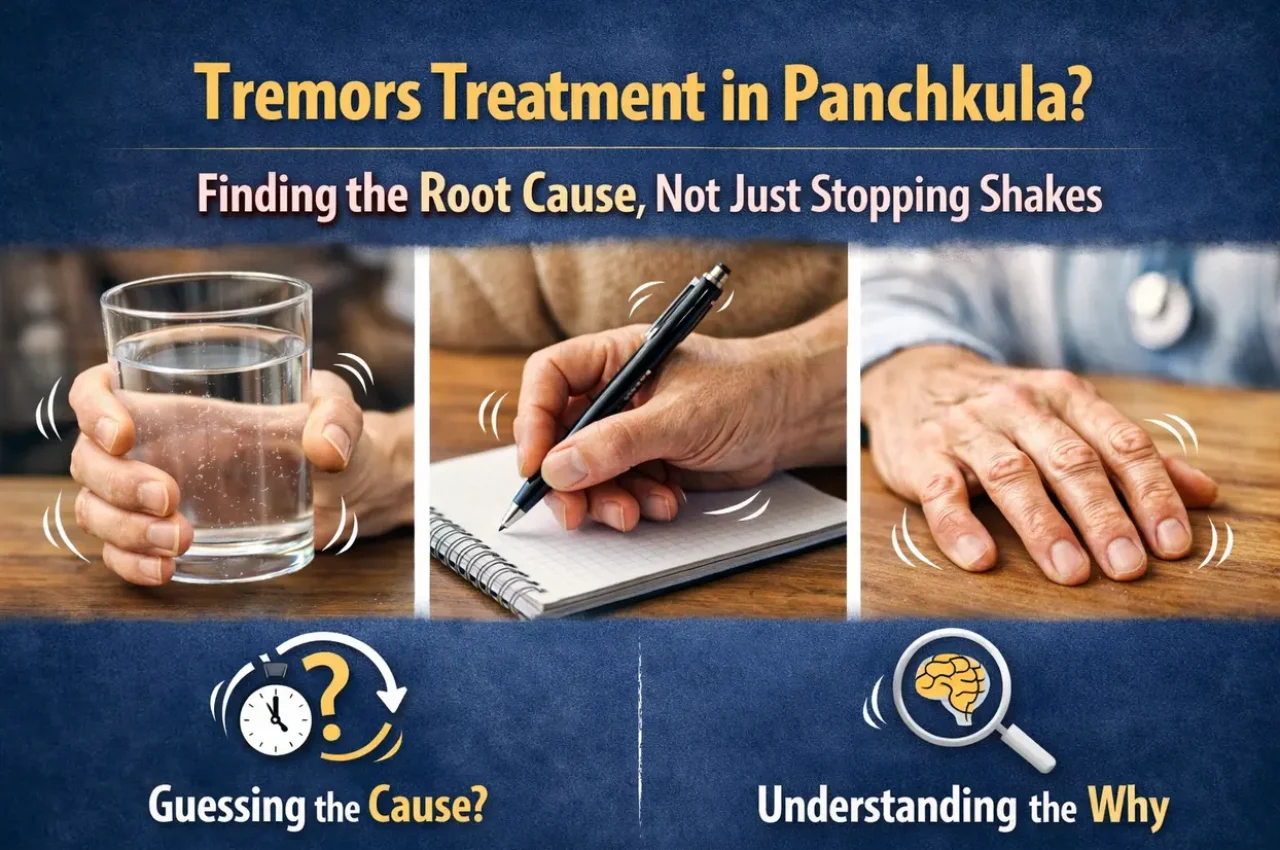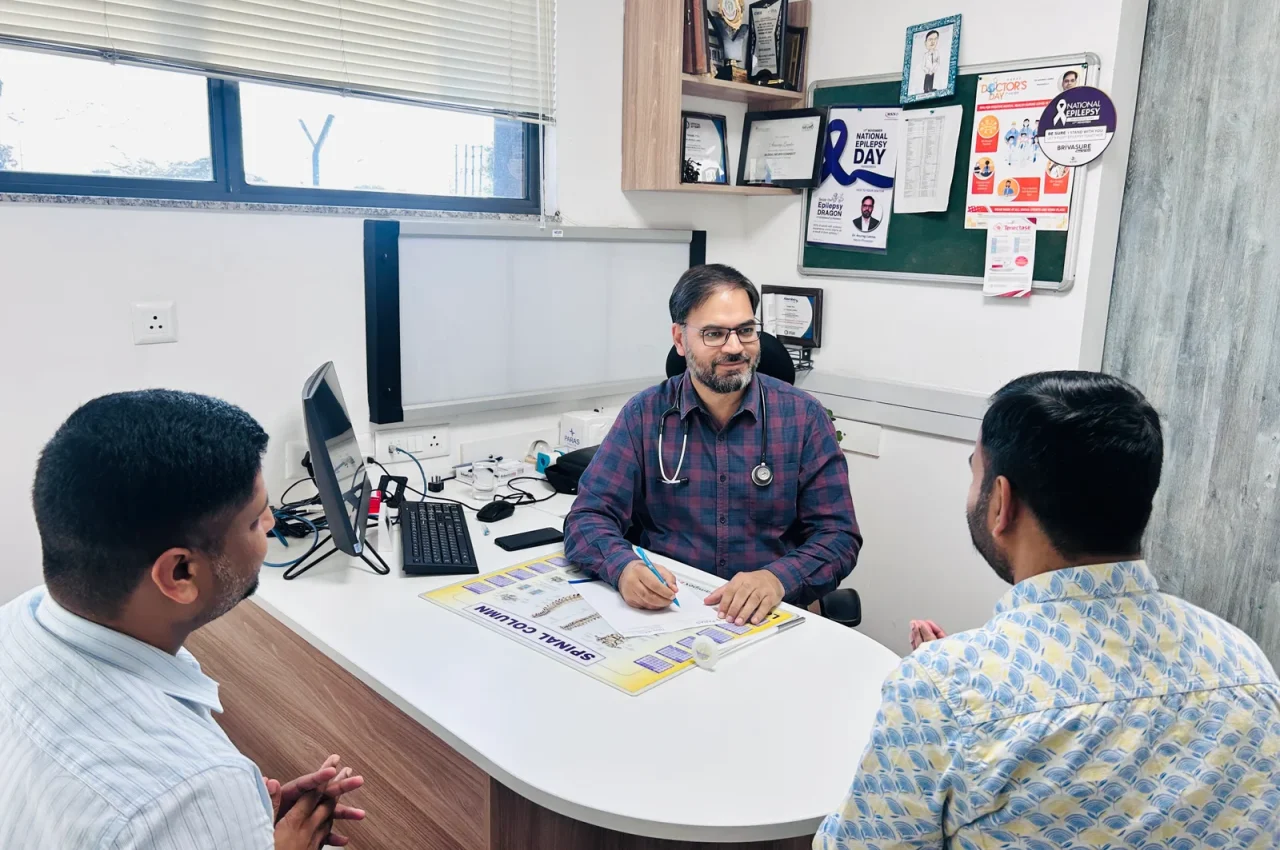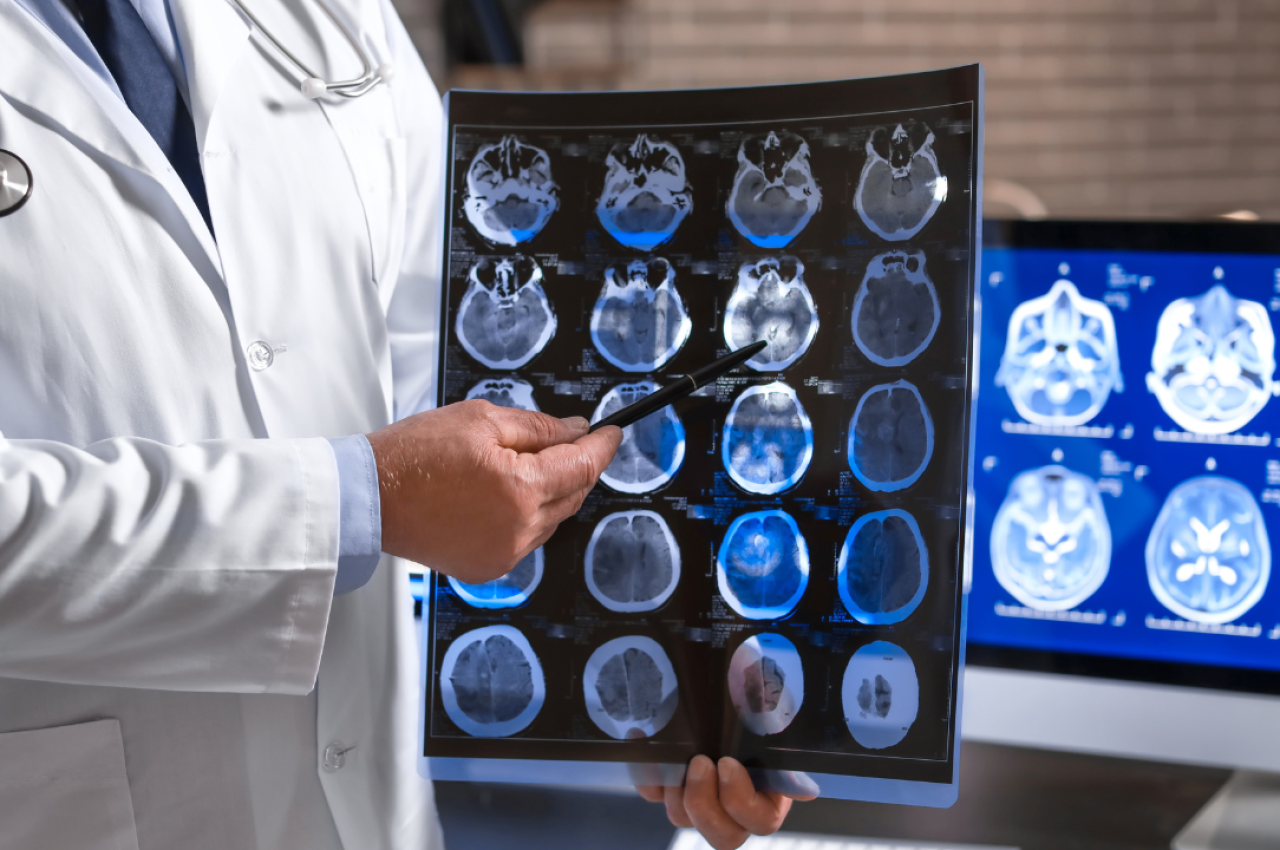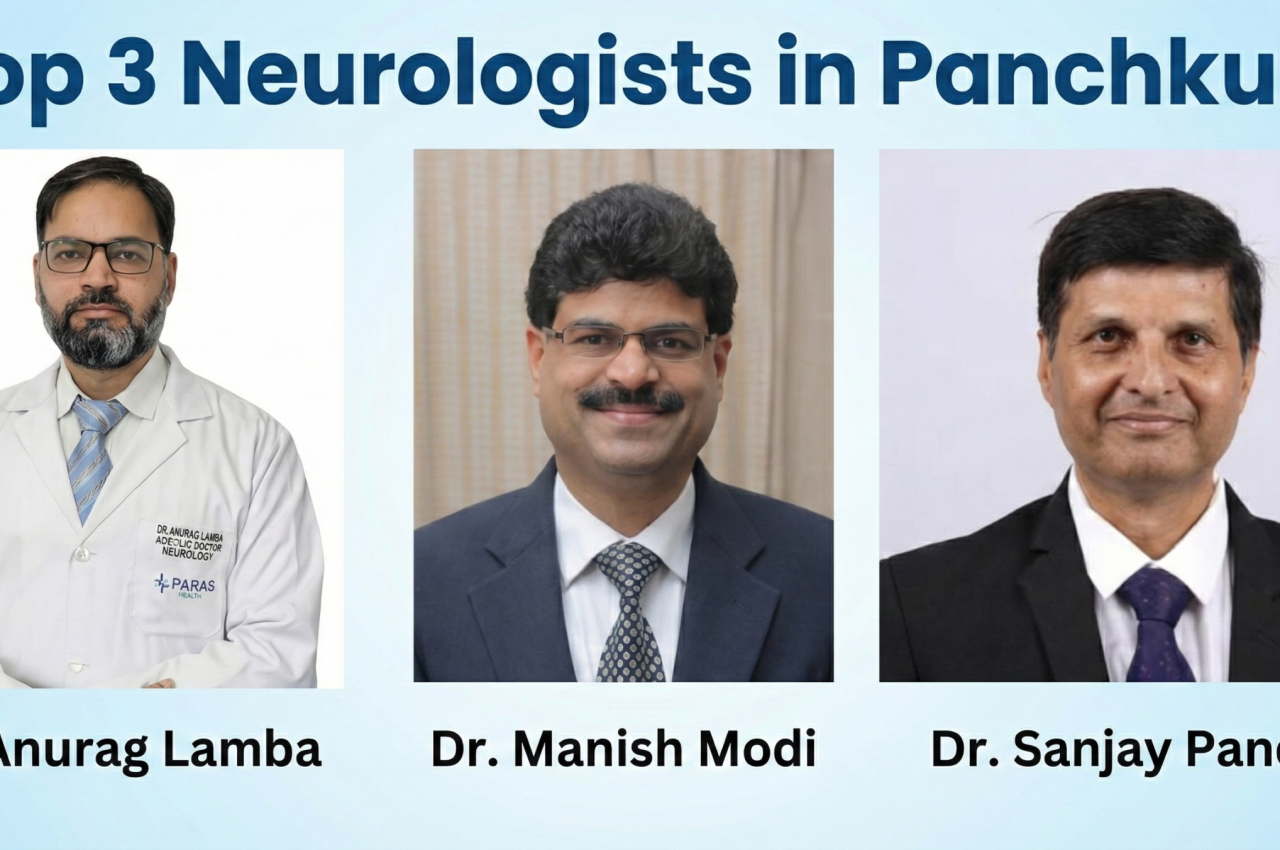What Happens After Brain Surgery? A Guide to Recovery & Care
Recovering from brain surgery can feel overwhelming—for both patients and their families. While every case is unique, understanding what to expect during the post-operative period can help reduce stress and promote healing.
At Dr. Anurag Lamba’s neurology clinic in Panchkula, we support patients at every stage—from diagnosis to surgery and long-term recovery. This blog offers a clear recovery timeline after brain surgery, including helpful care tips and red flags to watch for.
Immediate Post-Surgery Period (0–2 Weeks)
This phase is usually spent in the hospital, especially the first 24–72 hours in the ICU for close monitoring.
Focus Areas:
- Managing pain, swelling, and nausea
- Preventing infection at the incision site
- Monitoring for seizures or brain swelling
- Ensuring stable vital signs and basic neurological function
Care Tips:
- Keep the incision clean and dry
- Avoid sudden head movements
- Take prescribed medications on time (especially anti-seizure or steroids)
- Limit visitors to reduce exposure to infection
Most patients are discharged within 5–10 days depending on their condition.
Early Recovery (2–6 Weeks)
During this time, the patient is typically at home but will need help with daily activities.
Common Experiences:
- Fatigue and low energy levels
- Mild headaches or dizziness
- Emotional ups and downs
- Temporary memory or speech issues
Care Tips:
- Get plenty of rest, but also engage in light movement like walking
- Follow-up with your neurologist for suture checks and scans
- Eat a nutritious, brain-friendly diet rich in antioxidants and hydration
- Avoid driving or operating heavy machinery
If seizures, high fever, confusion, or persistent vomiting occur—consult your doctor immediately.
Intermediate Recovery (6 Weeks to 3 Months)
At this stage, patients begin to regain strength, resume light activities, and return to modified work routines.
What to Expect:
- Gradual return of mental clarity and physical balance
- Reduced dependency on medications
- Start of physiotherapy or occupational therapy, if needed
Care Tips:
- Attend regular physiotherapy or neuro-rehabilitation sessions
- Stay consistent with follow-ups, MRI or CT scans, and neuro evaluations
- Manage mental health through counseling or support groups
- Stay mentally active—read, solve puzzles, or meditate
Long-Term Recovery (3–12 Months and Beyond)
The brain continues to heal even months after surgery. Full recovery may take longer for complex cases, especially those involving tumor removal, aneurysm repair, or trauma.
Possible Improvements:
- Full restoration of memory, speech, and coordination (in many cases)
- Resumption of daily activities and work
- Lower risk of recurrence with ongoing medical supervision
Care Tips:
- Maintain a healthy lifestyle: exercise, avoid smoking/alcohol, manage stress
- Watch for delayed complications such as seizures or hydrocephalus
- Take maintenance medications if prescribed
- Discuss safe return to driving, working, or traveling with your neurologist
Supporting a Loved One After Brain Surgery
Family support plays a key role in recovery. As a caregiver:
- Be patient with emotional changes
- Monitor medications and doctor visits
- Provide a safe, calm, and clutter-free home environment
- Encourage rest, hydration, and light activity
- Ask for professional help if burnout sets in
How Dr. Anurag Lamba Supports Your Recovery Journey
With years of experience in neurosurgical care and neuro-rehabilitation, Dr. Anurag Lamba, leading neurologist in Panchkula, provides:
- Post-surgery evaluations and recovery planning
- Medication and seizure management
- Referrals for neurophysiotherapy and counseling
- Long-term brain health monitoring
Our clinic works closely with patients who have undergone common procedures like craniotomy, tumor excision, aneurysm clipping, shunt placement, and spine surgeries.
For detailed insights on procedures, read our related article:
Neurosurgery 101: Common Brain & Spine Procedures Explained
To understand more about tumor-related recovery, visit:
Brain Tumours: Early Warning Signs, Diagnosis, and Advances in Treatment
Frequently Asked Questions (FAQs)
How long does it take to fully recover from brain surgery?
It depends on the type of surgery and the individual’s health, but many recover within 3–6 months with proper care.
When can I resume work or driving?
Most patients can resume light work in 6–12 weeks. Driving depends on your neurological status and needs medical clearance.
What are signs of complications after brain surgery?
Red flags include high fever, seizures, confusion, vision problems, and worsening headache. Contact your doctor immediately.
Can brain surgery affect emotions or personality?
Yes, temporary mood swings or behavioral changes are common. Supportive counseling and therapy can help.
Book a Recovery Consultation with Dr. Anurag Lamba, Panchkula
Recovering from brain surgery requires not just medical follow-up but emotional and lifestyle support. At our clinic in Panchkula, Dr. Anurag Lamba and his team provide compassionate, personalized care for every stage of recovery.
Address: Panchkula, Haryana
Phone: +91 9780355355
Book an Appointment
Medical Disclaimer
This blog is for informational purposes only and should not be used as a substitute for medical advice, diagnosis, or treatment. Please consult your neurologist for individual care recommendations.
